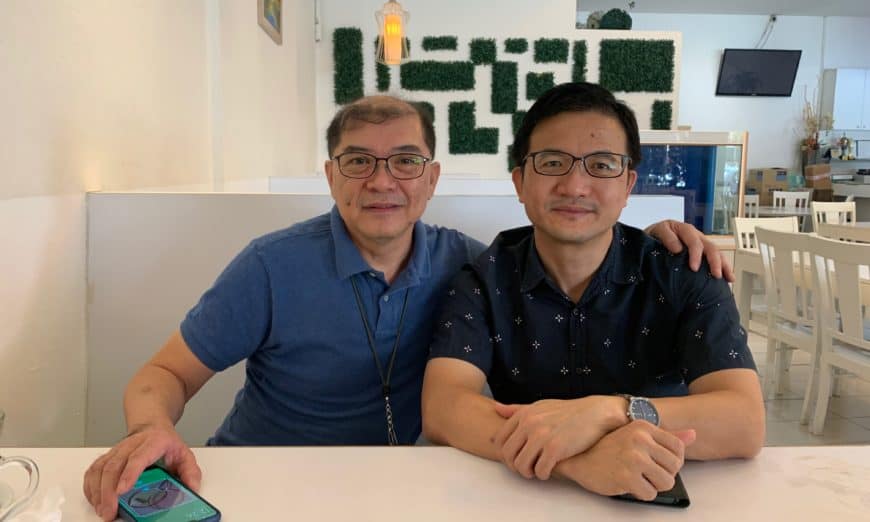IT was a momentous moment when the Penang Chung Hwa Confucian Alumni Association (CHCA) and the Japan Graduates’ Association of Malaysia (JAGAM) signed a Strategic Alliance Memorandum (SAM) recently to help Chung Hwa students obtain scholarships to study in Japan.
Chief Minister Chow Kon Yeow, who is a firm believer in education and has always encouraged students to do their level best, contributed RM15,000 to the alumni association when he learned that it had started to set up a ‘Benevolent and Education Fund’.
Buletin Mutiara spoke to two Chung Hwa old boys – Dr Goh Chee Seong, the vice-chairman of JAGAM Japan Branch, and Dr Tony Koay Boon Hooi, the vice-president of CHCA, who were among the signatories of the SAM to find out more about their roles, experiences and advice for students who plan to study in Japan or abroad.
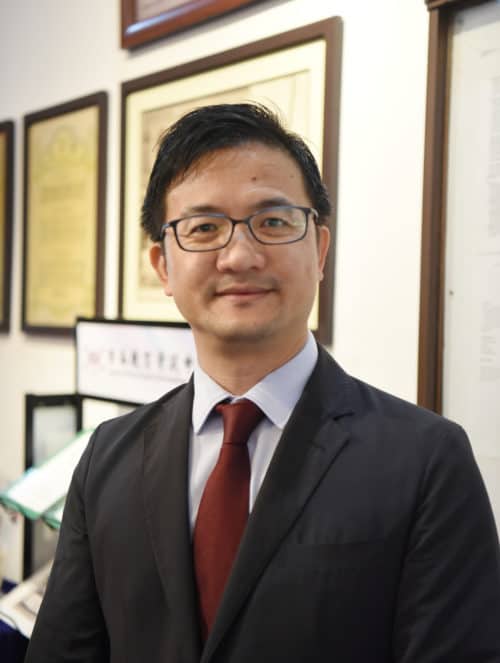
Goh, from the Class of 1992, went on to study at Chung Ling Private High School before entering Universiti Malaya where he later graduated with a degree in physics and a Masters in applied physics.
Obtaining a Monbusoh Scholarship (now known as MEXT or Monbukagakusho Shogakukin) from the Japanese government, Goh proceeded to work for a year as a research student at the prestigious University of Tokyo. He then officially enrolled for his PhD programme (electrical & electronics engineering – majoring in optical communications) in 2001.
After graduating in 2004, he decided to stay back in Japan and gain some experience working as a design engineer with a company in Tokyo, called Alnair Labs, which deals in optical communications.
In 2008, he came back to Malaysia to attend to an urgent family matter. During that time, he worked for a year in Ipoh.
Goh was then approached by his Tokyo company to return as it has much faith in him. He agreed and in 2010 he set up a subsidiary in Bayan Lepas, Penang, known as Alnair Photonics, to reduce costs and transfer back some of the technology.
Goh is also the director of the subsidiary company which manufactures fiber laser and high-speed optical instruments. He, hence, shuttles between Penang and Tokyo every month to run his business.
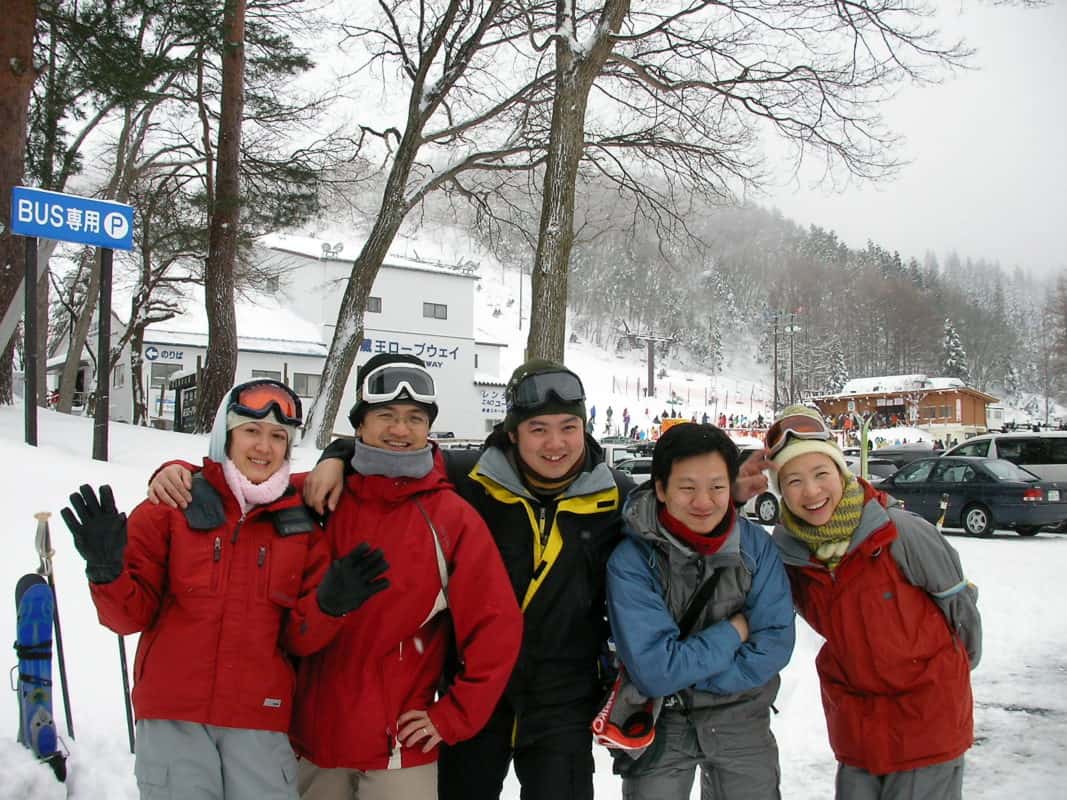
At Alnair Labs, Goh rose through the ranks to become its CEO in 2019. This he achieved through walking the extra mile, learning all about the company’s operations and investing his time in learning management skills. Alnair Labs has 20 employees to date.
“Why I chose to study in Japan was because it was already an advanced country in 2000. I was offered to study at the University of Tokyo and I am very grateful to them.
“The Japanese are well known for their discipline, hard work, punctuality and systematic management. Even after being devastated by World War II, they could revive their economy in a very short time.
“I read a lot of stories about the Japanese people. How they worked very hard from morning till late at night just to push up the whole country’s economy. I wanted to learn and catch that kind of spirit,” Goh, 48, said.
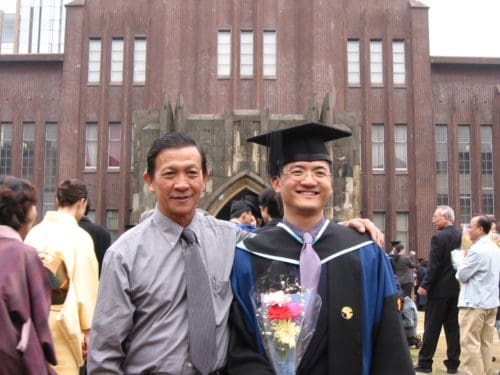
He said overseas students studying in Japan must be prepared to face some challenges and learn how to adapt to the environment.
“For instance, it was not easy for a foreigner to rent a room or house then. The Japanese landlord wanted you to find a guarantor. I had problems when I went there because I could not speak the Japanese language well. But I dragged along a friend to help me communicate with the house owner.
“The important thing is to ask for help. And there are people who are willing to help you.
“Next, you need to follow their culture or rules. You cannot, for example, simply throw rubbish. They practise waste segregation at the source and you need to obey the instructions, like what and when you can throw – plastic, raw food, or aluminium cans – on certain days.
“I feel it is very easy to adapt to any environment as long as you follow their rules. The problem with many foreigners is that they think their country does not force them to do so and why they have to do so in Japan. That is wrong thinking.”
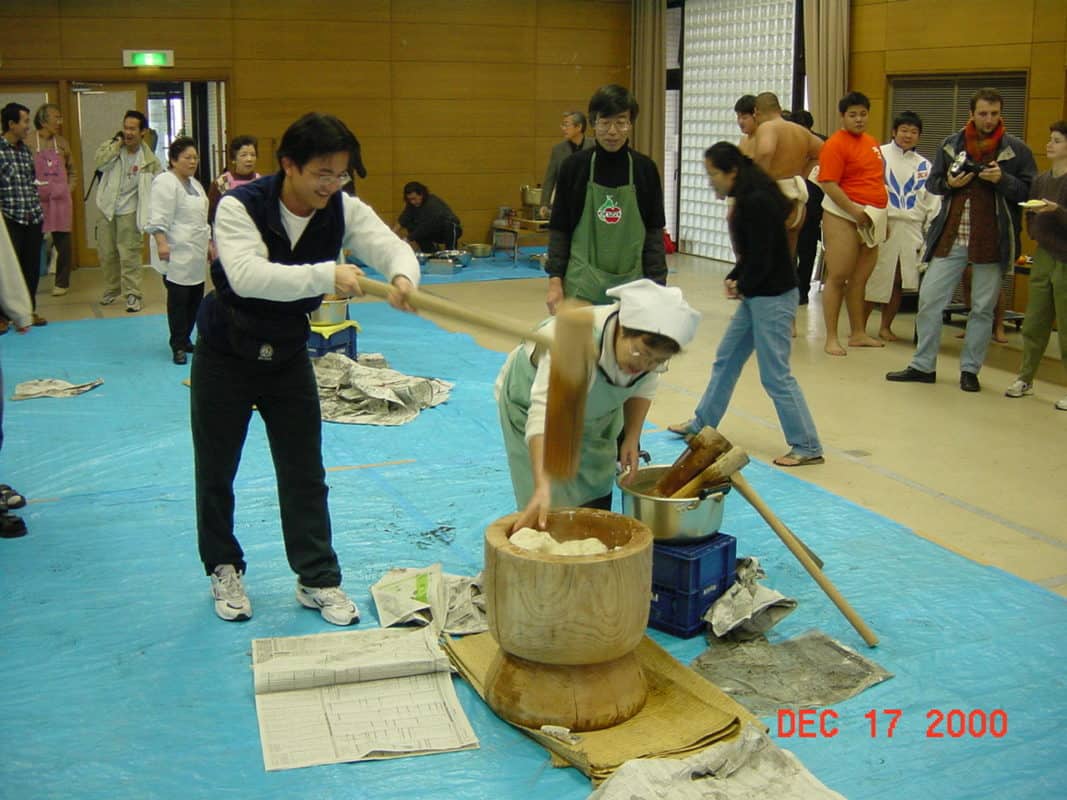
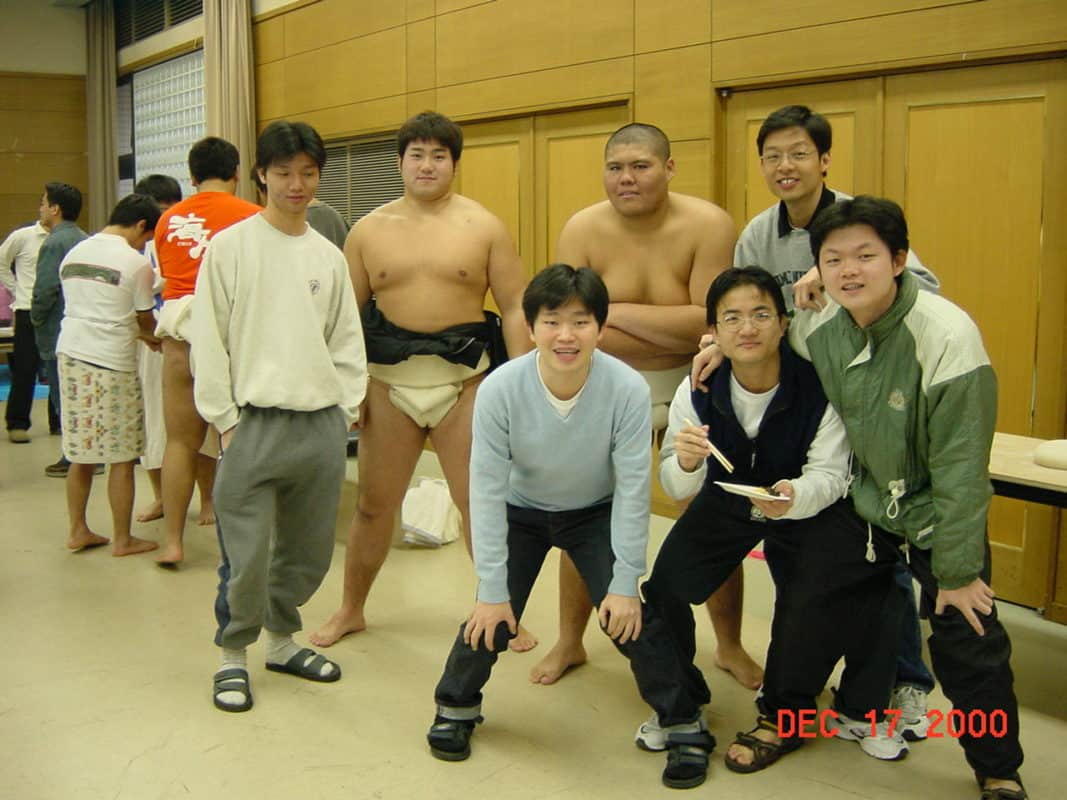
Goh said the Japanese school fees for public universities are “not that high” considering that the fees are about US$5,000 (about RM23,000) per year while for living expenses, you can get a bowl of rice in Japan for 300 yen (about RM10).
In Japan, he said, students are allowed to work part-time. On top of that, there are a lot of scholarships.
Besides getting the opportunity to pick up the Japanese language, Goh said foreign students get to enjoy Japan’s scenery, food and culture.
Goh said JAGAM Japan Branch, which was formed last year, is open to helping other local students apart from Chung Hwa students on matters pertaining to Japanese scholarships.
“They are welcome to ask about the scholarships. We, as seniors staying in Japan, like to contribute back to our society.
“What I want to tell our juniors or students is that they must never give up. They must also balance their time well, work hard and play hard.
“We will be glad to promote Penang to any Malaysians who graduate in Japan since we know the state government is carrying out various initiatives to attract talent.”
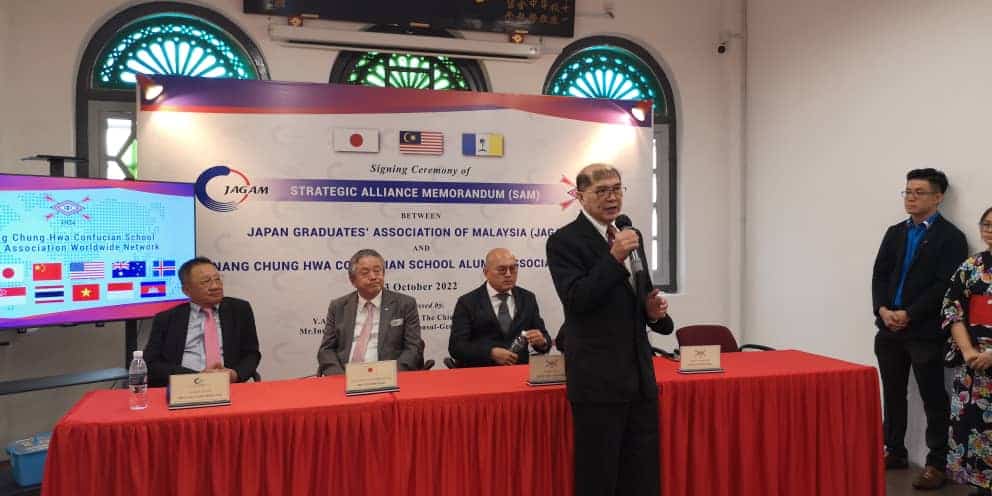
Koay, on the other hand, did not pursue further study in Japan after finishing his Form Five education in 1980 at Chung Hwa Confucian High School.
Instead, he went to work in Singapore for a short spell before returning to Penang to enrol for an accountancy course at IPG College (Institut Perkim-Goon).
Encouraged by friends who were studying in the United States, Koay took a TOEFL test and passed with flying colours. It was a prerequisite to enter an American university.
With a mere US$3,000 and no scholarship, Koay went to America and amazingly worked his way to sustain himself en route to obtaining BBA major in Accounting (1990 – University of Montevello, USA); MBA (1992 – University of Alabama at Birmingham, USA) and EDBA (2022 – SABI University, France).
Koay’s forte is the financial world. He has more than 30 years of hands-on and professional experience in Finance Advisory, Merger and Acquisition, Oversea and Offshore Company Establishment, Human Capital Advisory, Seminar and Conference Organising, Management Advisory and Project Management.
Koay, a director of MQ Technology Berhad, has been serving various organisations and actively participating in non-governmental organisations, especially the Malaysian Institute of Human Resources Management since 2004.
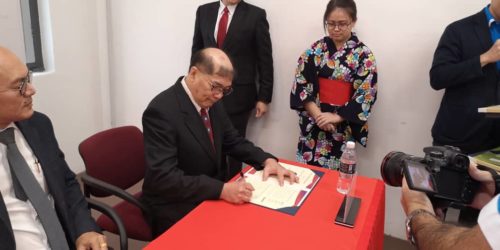
“I grew up in a poor area. But thanks to the state government, our family got a one-room unit in the Nordin Street Ghaut Flats, the first low-cost housing project in Penang.
“Unit owners could either buy their unit for RM5,000 or pay an instalment of RM5 per month then.
“When I was working in Singapore, I realised that without a good education, the future would be quite bleak.
“I was inspired to study in the United States because of an article about ‘Living in the USA,’ written by an English teacher for the school magazine.
“Even with my savings of only RM10,000 (about US$3,000 then), I just parachuted there. Imagine I used up all the money in my first semester.
“If you don’t have money and if there is a will, I want to quote Nike’s slogan – Just Do It!
“I worked very hard until I lost all my hair,” said an almost bald-headed Koay with a good sense of humour.
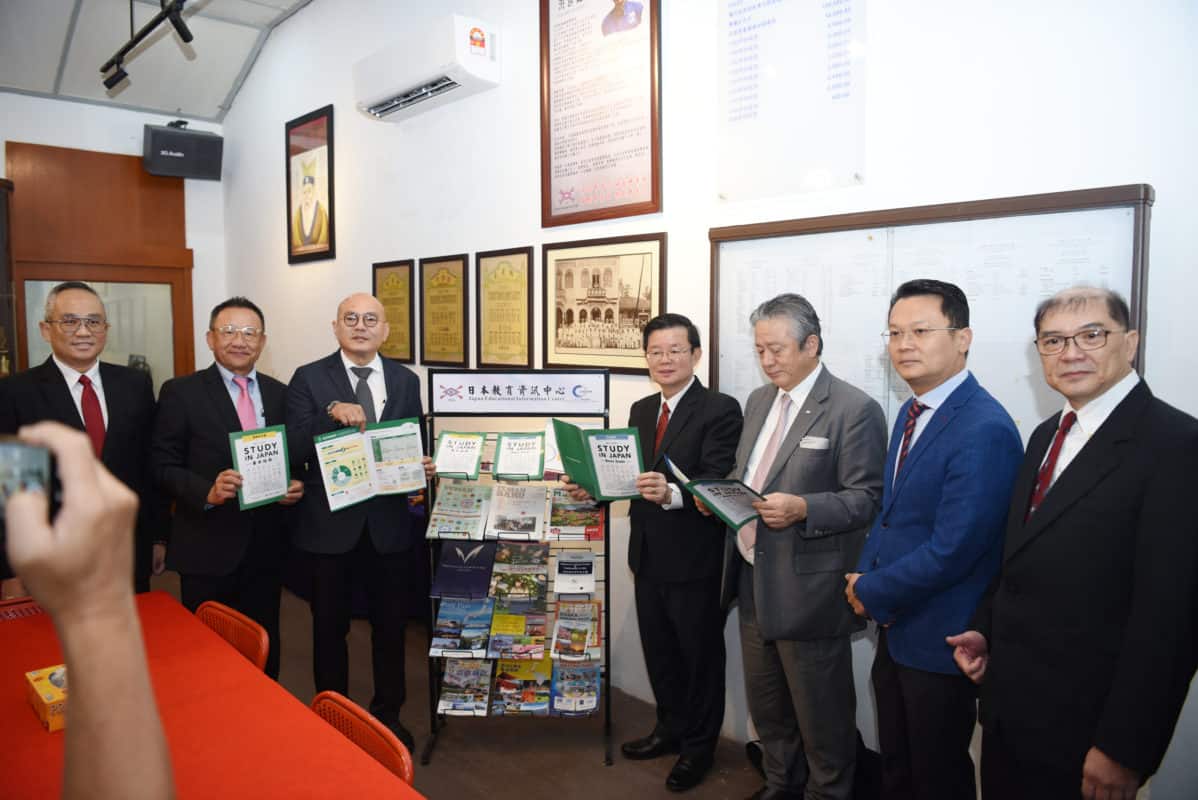
Koay, 60, said the presence of the chief minister at the SAM signing provided positive energy for them to attract more people to come and contribute to the education fund.
He said the education fund is not limited to only donations from Chung Hwa alumni but is open to others who are successful in life.
“Mr Chow has set a very good example as a government leader by giving allocations and funding to associations. And he also let us understand the government’s policy to help the community. Because of that, we can coordinate and work together for the betterment of the people,” Koay said.
A tragic incident that happened in December 2020 made Koay all the more willing to serve CHCA.
He met up with CHCA vice-president Ang Sae Ming who had been encouraging several others to strengthen Chung Hwa Confucian over dinner one day.
“He worked very hard and got a number of us to join the association. That night when we got back to the hotel, he suffered a heart attack. I performed CPR on him but unfortunately, I could not save him.
“That is why I want to continue his mission,” said Koay, who had helped in updating the association’s constitution and evaluation of its building in Jalan Burma.
When you pass by No. 80, Jalan Burma, the attractive blue LED signboard Koay donated is meant to catch the attention of Chung Hwa alumni to come back and serve the association.
In sharing their stories, Goh and Koay want deserving and needy students to know that they can apply for Japanese government scholarships with the assistance of both JAGAM and CHCA.
Story by K.H. Ong
Pix by Joanne Foong and courtesy of interviewees

